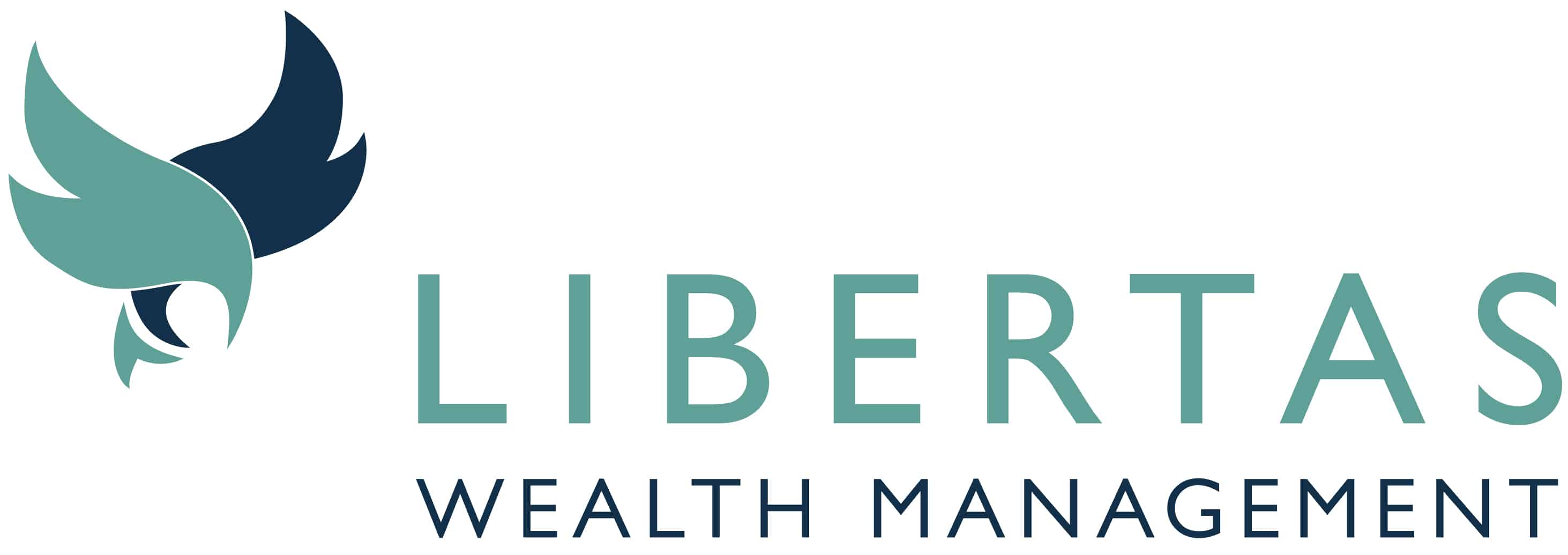Providing greater flexibility with the investments you can choose
A self-invested personal pension (SIPP) is a pension ‘wrapper’ that holds investments until you retire and start to draw a retirement income. It is a type of personal pension and works in a similar way to a standard personal pension. The main difference is that with a SIPP, you have greater flexibility with the investments you can choose.
With standard personal pension schemes, your investments are managed for you within the pooled fund you have chosen. A SIPP is a form of personal pension that gives you the freedom to choose and manage your own investments. Another option is to pay an authorised investment manager to make the decisions for you.
SIPPs are designed for people who want to manage their own fund by dealing with, and switching, their investments when they want to. SIPPs can have higher charges than other personal pensions or stakeholder pensions. For these reasons, SIPPs tend to be more suitable for large funds and for people who are experienced in investing.
Most SIPPs allow you to select from a range of assets in which to invest, including:
Individual stocks and shares quoted on a recognised UK or overseas stock exchange
Government securities
Unit trusts
Investment trusts
Insurance company funds
Traded endowment policies
Deposit accounts with banks and building societies
Some National Savings and Investment products
Commercial property (such as offices, shops or factory premises)
These aren’t all of the investment options that are available – different SIPP providers offer different investment options.
Residential property can’t be held directly in a SIPP with the tax advantages that usually accompany pension investments. But, subject to some restrictions (including on personal use), residential property can be held in a SIPP through certain types of collective investments, such as real estate investment trusts, without losing the tax advantages. Not all SIPP providers accept this type of investment, though.
You are not restricted to pension funds offered by any single pension provider, but instead can invest in a broad range of investments from a range of different providers
Your returns from investments within a SIPP are protected from Income Tax and Capital Gains Tax
You’ll receive tax relief at your marginal rate on an Annual Allowance, which for most people is £40,000 or 100% of your earnings – whichever is lower
You can choose from a wide range of options when you take your pension benefits, including a cash lump sum, a flexible or guaranteed income – or you can combine multiple options
Pension freedoms introduced in April 2015 mean you can access and use your pension pot in any way you wish from age 55. However, SIPPs aren’t appropriate for everyone, and you should seek professional advice if you are considering this option.
A SIPP will only be right for you if you’re confident making your own investment decisions and managing your pension payments against the relevant allowances. If you’re unsure, please seek professional financial advice.
Disclaimer: The information provided in our website blogs is accurate and up-to-date at the time of writing. However, please be aware that legislative changes and updates may occur after the publication date, which could potentially impact the accuracy of the information provided. We encourage readers to verify the current status of laws, regulations, and guidelines relevant to their specific circumstances. We do not assume any responsibility for inaccuracies or omissions that may arise due to changes in legislation or other factors beyond our control.
If you would like any clarification, or have any questions, please get in touch.





